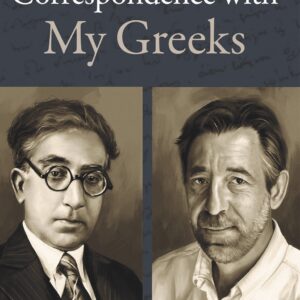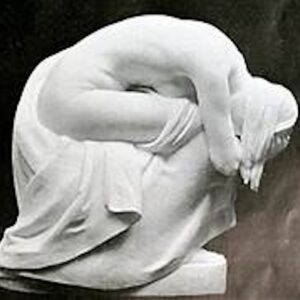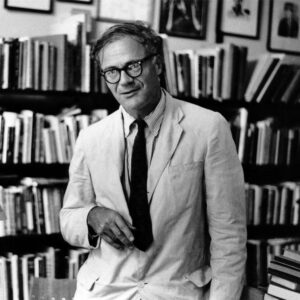
Theater of Cruelty: Patrick Morrissey’s “Stations of the Cross”
“The stations of the cross” is a Roman Catholic devotion in which fourteen scenes depicting Christ on his way to crucifixion are recalled and pondered: his scourging, for instance, or his encounter with Pilate. Morrissey’s poem is titled Stations of the Cross (no “the”), suggesting parallel sites where “the cross” may be found. In addition to the immediate reference to Jesus’ historical suffering one may also read an implied immediate environment of school violence and beyond that innumerable instances of scapegoats and victimization in the wider world.



















